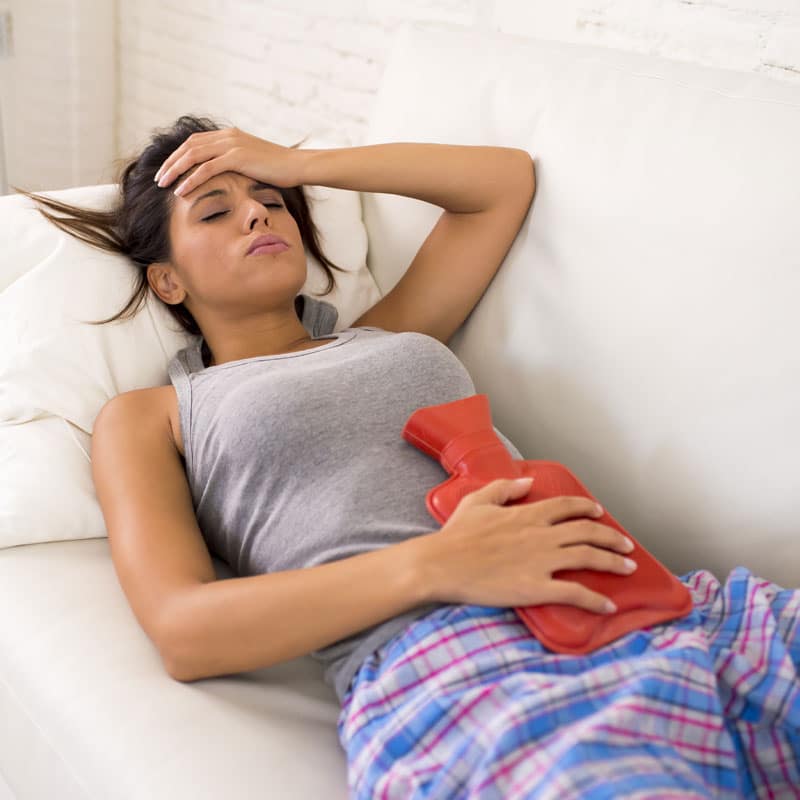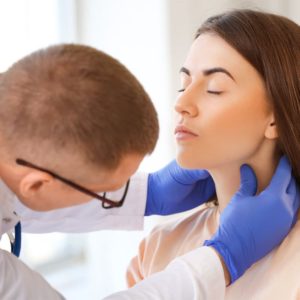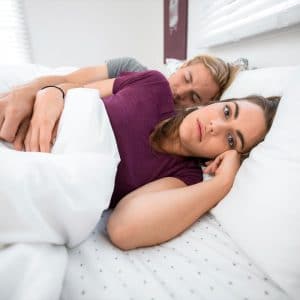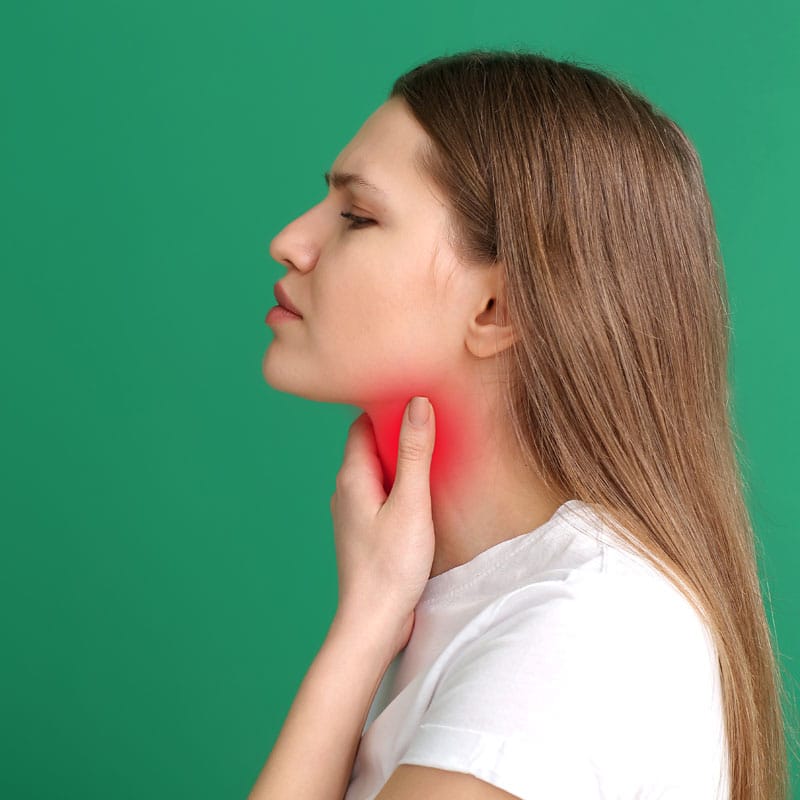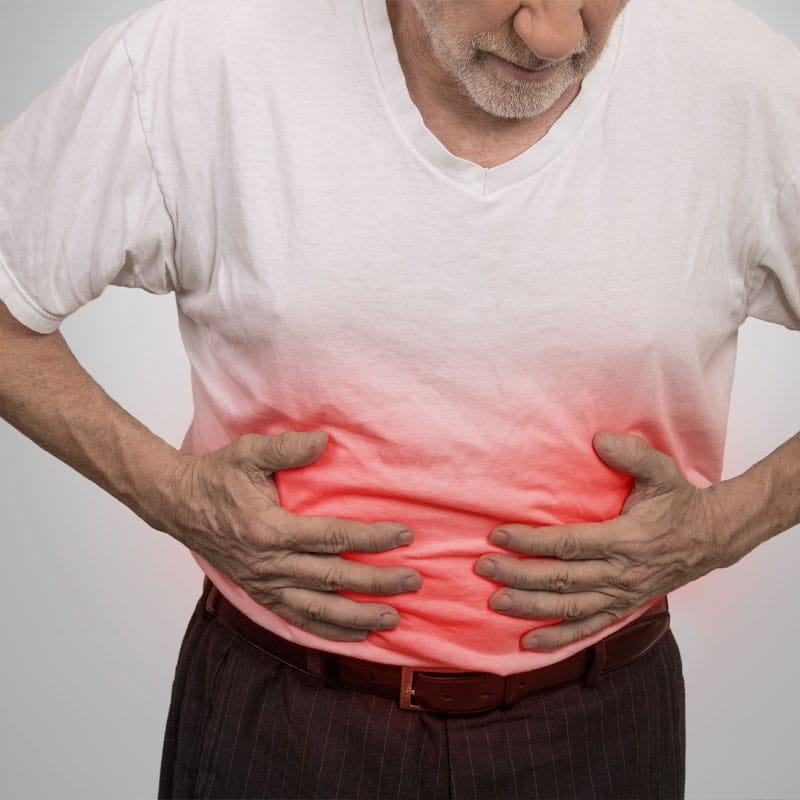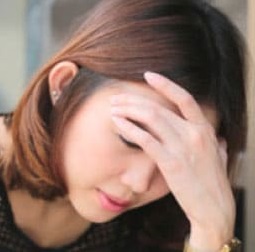What is Osteoporosis?
Osteoporosis occurs when bones begin to weaken and chances of fractures increase. Bone density 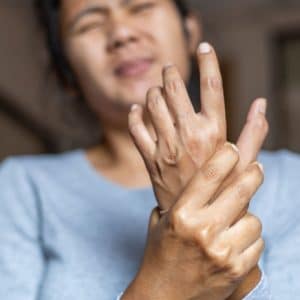
Post-menopausal women have a greater risk of developing osteoporosis as are Caucasian and Asian females. Medications, diet and lifestyle choices can impact the risk of developing osteoporosis.
Symptoms of Osteoporosis
Osteoporosis can sometimes occur without any warning signs. As bones begin to weaken, patients may experience unwarranted bone fractures or back pain. Osteoporosis can also result in stooped posture when the vertebrae fracture or collapse. Another common symptom is patients may be getting shorter over time. In addition, regular fractures may heal slowly due to osteoporosis.
Causes of Osteoporosis
Cigarette smoking, alcohol consumption, poor nutrition, and malabsorption of nutrients increase the risk of developing osteoporosis. Patients suffering with low testosterone or estrogen levels are prone to bone loss. Chronic inflammation due to liver disease or rheumatoid arthritis, along with chemotherapy has been associated with osteoporosis. Other conditions such as amenorrhea, immobility, hyperthyroidism and hyperparathyroidism can cause osteoporosis. Vitamin D deficiency can prohibit the absorption of calcium in the body. In addition, anti-seizure medications, corticosteroids and blood thinners may also increase the risk of osteoporosis.
Those with a small, thin body frame are more prone to bone loss. A family history of osteoporosis or a history of adult fractures also increases the risk of osteoporosis.
Effects of Osteoporosis
Bone fractures cause pain, decrease the quality of life, and may even prevent you from working. Hip 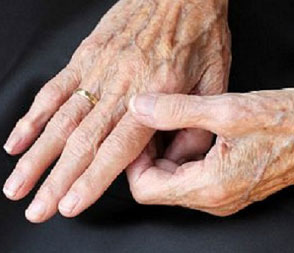
To help protect against osteoporosis, patients should exercise, have a healthy diet, and limit the use of alcohol and tobacco products.
Are you suffering from osteoporosis? Our integrative physicians can help.


